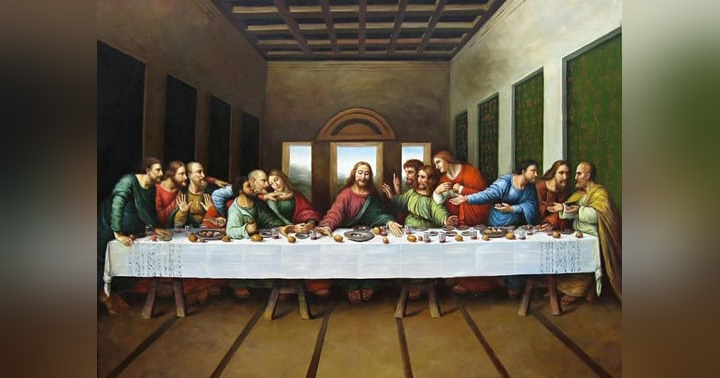📚 Echoes of the Seas Parting: Israel's Narrow Escape from Egypt
The story of Moses and the Israelites' exodus from Egypt is one that has been recounted through generations, immortalized in religious texts, and celebrated in cultural traditions. The saga is not just a tale of escape and freedom; it's an intricate narrative that weaves together themes of faith, divine intervention, and the birth of a nation. In our latest podcast episode, we delve into the ancient narrative, exploring the details of this monumental event and its profound implications on the history and spirituality of a people.
The journey begins with the strategic route taken by the Israelites as they fled from the clutches of the Egyptian pharaoh. This route, divinely chosen to avoid confrontation with the Philistines, led them to the banks of the Red Sea, where they faced an impossible barrier. It was here that Moses, under God's command, performed the miracle of parting the waters, allowing his people to cross on dry ground. But this miracle is not just a testament to divine might; it symbolizes the formation of an unbreakable bond between the Divine and the Israelites.
As we venture further into the story, the podcast tackles the debates that have long fascinated scholars and historians: the true nature of the sea's parting. Some argue for natural phenomena such as volcanic eruptions and tsunamis as plausible explanations for the events described in the biblical account. Others staunchly uphold the belief in a supernatural occurrence, a direct act of God. This dichotomy invites listeners to contemplate the intersection of faith and science, challenging us to consider the role of divine providence in historical events.
The implications of the Exodus are far-reaching, extending beyond the immediate escape of the Israelites. The episode sheds light on the aftermath for Egypt, once a mighty empire. We discuss the potential identities of the pharaohs during this period, Thutmose III and Ramses II, and the consequences of the Exodus on their reigns. The collapse of the Egyptian army in the sea was not just a military defeat; it marked the decline of Egypt's status as a superpower, a turning point that changed the course of history.
Throughout the episode, the narrative remains grounded in the cultural and historical context of the time. By examining the sociopolitical landscape, the podcast paints a vivid picture of the ancient world. The retelling is enriched by a deep dive into the significance of Passover, a festival that commemorates the Exodus and highlights the enduring legacy of these events in Jewish tradition.
The podcast episode, complete with expert interviews and thought-provoking analysis, invites listeners to experience the Exodus as a multifaceted story that resonates through time. It is not just a tale of the past but a living narrative that continues to influence our understanding of faith, leadership, and the resilience of the human spirit. By the end of the episode, we are left with a greater appreciation for the complex tapestry of history and the timeless stories that shape our collective consciousness.
The Exodus saga of Moses and the Israelites is more than a story; it's a foundational event that has sculpted the identity of a nation and the belief systems of millions. As our podcast journey concludes, we are reminded of the power of storytelling and the importance of preserving these ancient narratives. They are the threads that connect us to our past, guide us in the present, and inspire us for the future.





